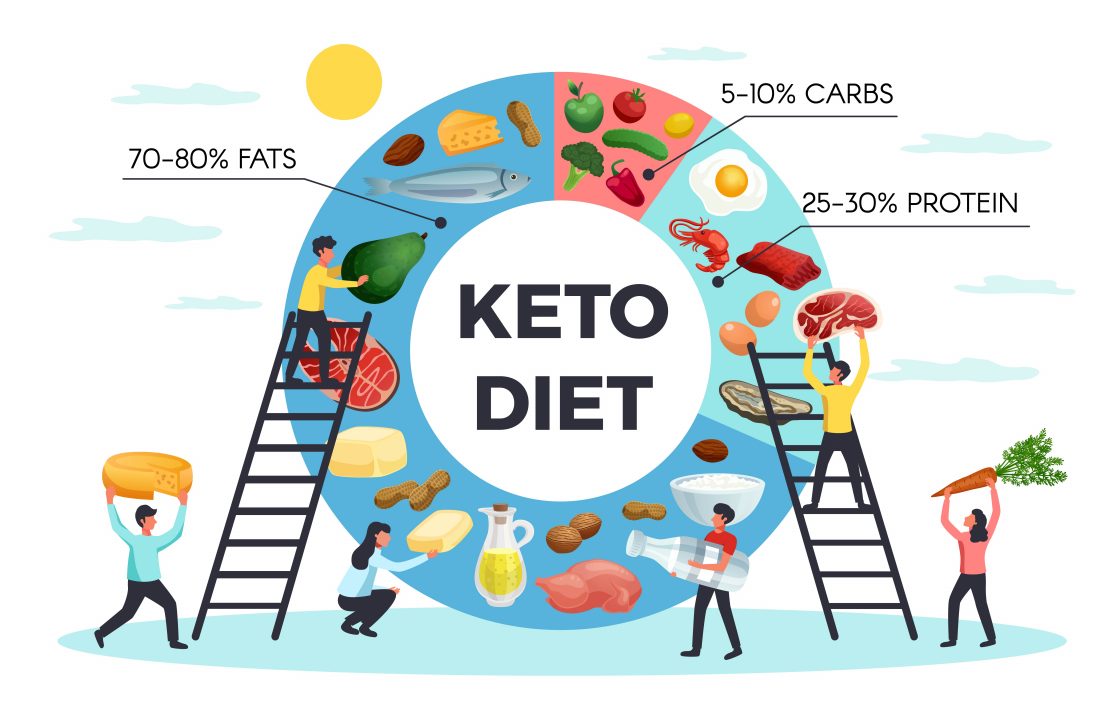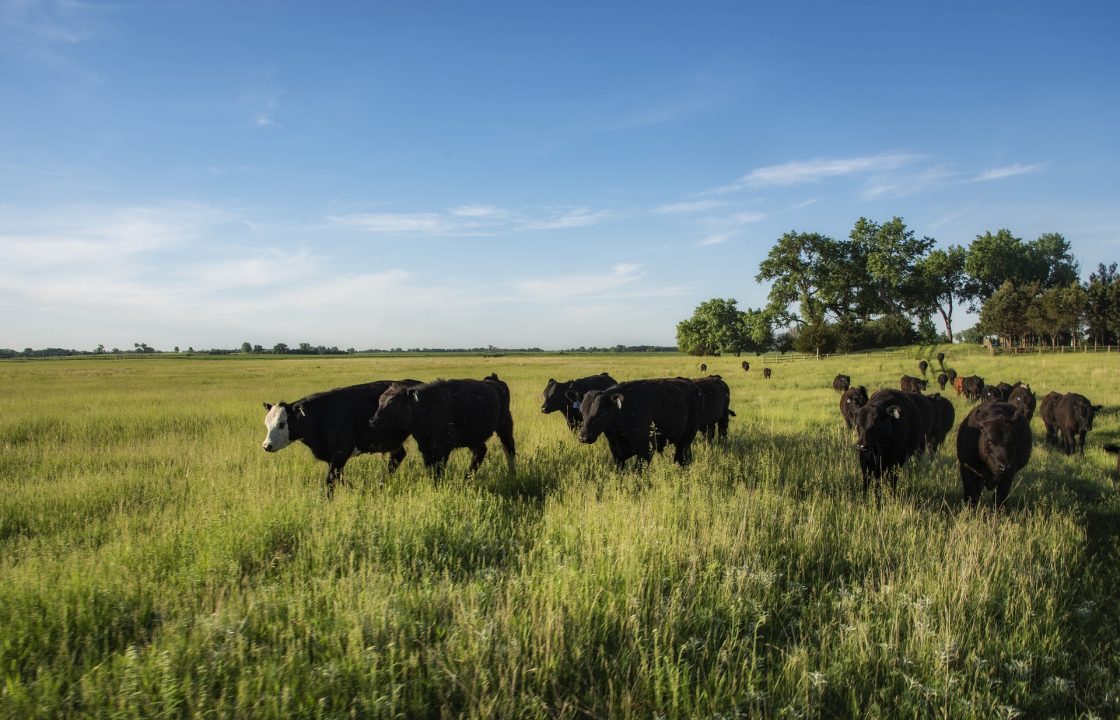The studies suggested that quinoa may benefit high-risk group consumers, such as children, the elderly, high-performance sports people, individuals with lactose intolerance, women prone to osteoporosis, people with anemia, diabetes, dyslipidemia, obesity, and celiac disease due to its properties including a high nutritional value, therapeutic features, and gluten-free content. These features are considered to be linked with the existence of the fiber, minerals, vitamins, fat acids, antioxidants, and especially phytochemicals in quinoa, and they provide quinoa a big advantage over other crops in terms of human nutrition and health maintenance.
Though technically a seed, Quinoa is classified as a whole grain and is a good source of plant protein and fiber. One cup cooked provides about 8 grams of protein and 5 grams of fiber. Unlike some plant proteins, quinoa is a complete protein, meaning that it contains all nine essential amino acids that our bodies cannot make on their own.
Quinoa is also naturally gluten-free and can be eaten safely if one has gluten intolerance such as celiac disease.
Quinoa is also rich in micronutrients, such as vitamins and minerals. Although there is limited research on the vitamin content of quinoa seeds, it is known that it contains pyridoxine (B6) and folic acid in high concentrations. Pyridoxine and folic acid levels in 100 g of quinoa are reported to meet adults’ daily needs. It is stated that riboflavin in 100 g of quinoa meets 80% of children’s and 40% of adults’ needs. Its niacin content does not meet the daily need; however, it constitutes an important source for diet. The thiamin level of quinoa is lower than that of oat and barley; however, its riboflavin, pyridoxine, and folic acid levels are higher than those of most other grains like wheat, oat, barley, rye, rice, and corn. Moreover, it is an excellent source of vitamin E in an amount higher than that of wheat.
It’s a smart carbohydrate choice because it’s rich in fiber, minerals, antioxidants, and protein. It’s also gluten-free, delicious, versatile, and incredibly easy to prepare.
Quinoa is a great carb option to include in your diet.
References:
https://www.sciencedirect.com/science/article/abs/pii/S0733521016300662






